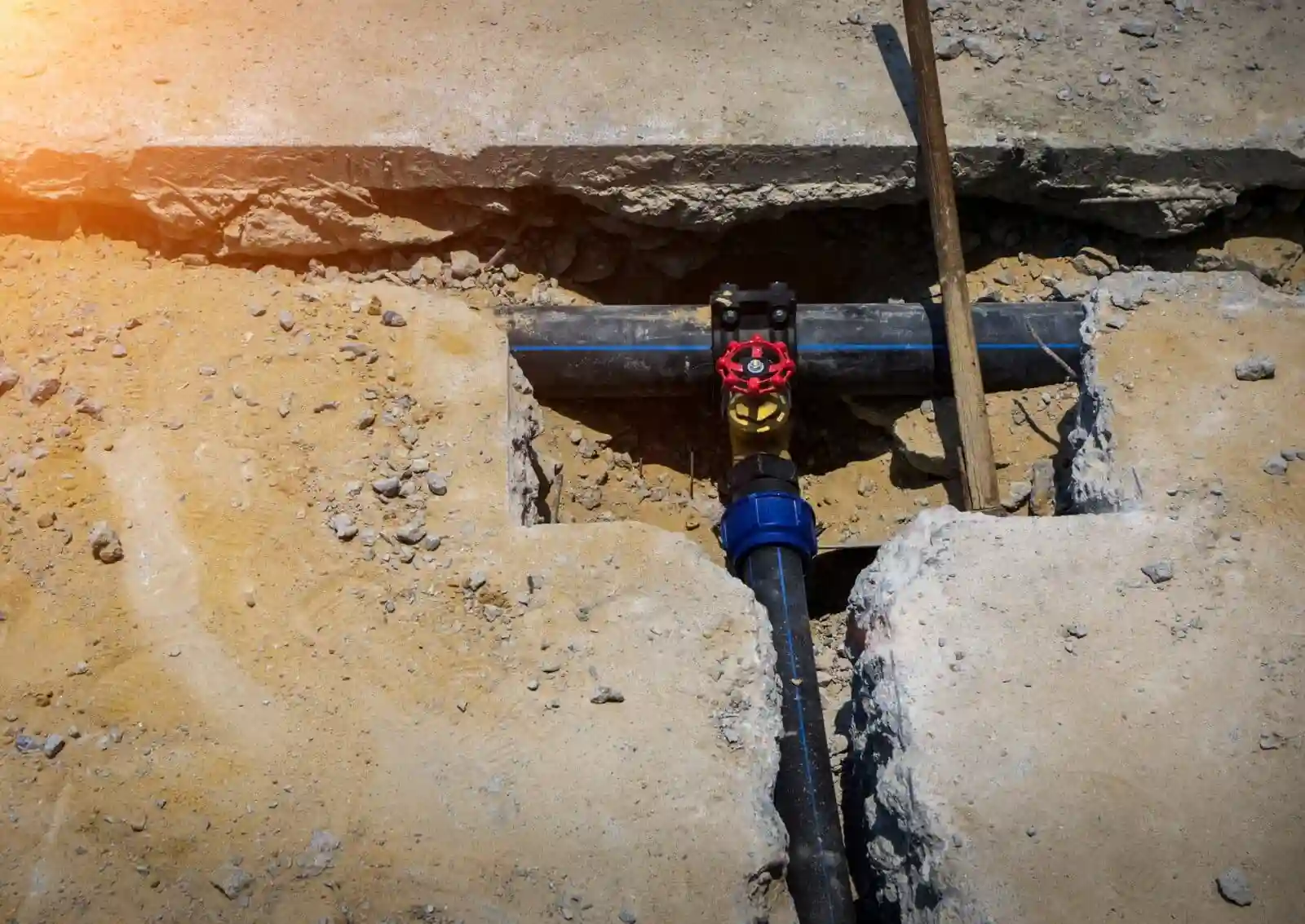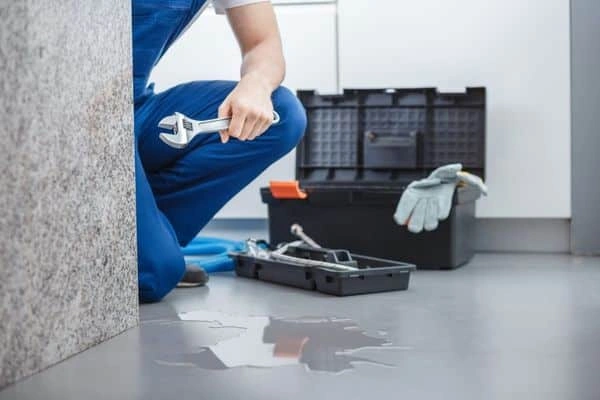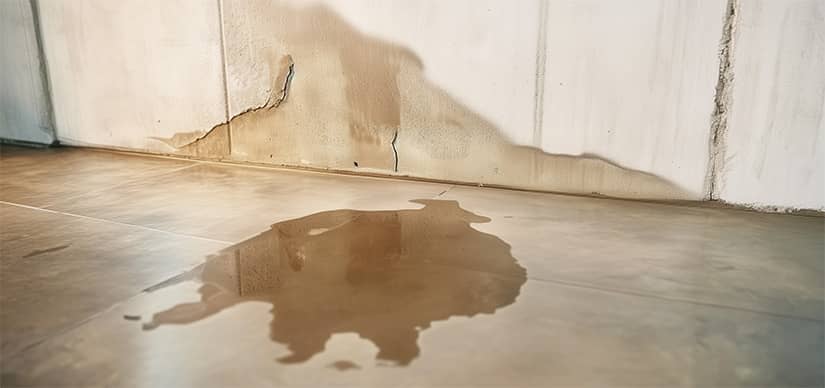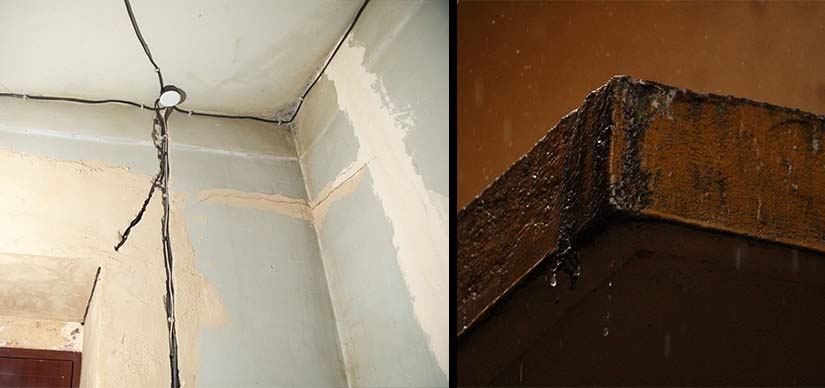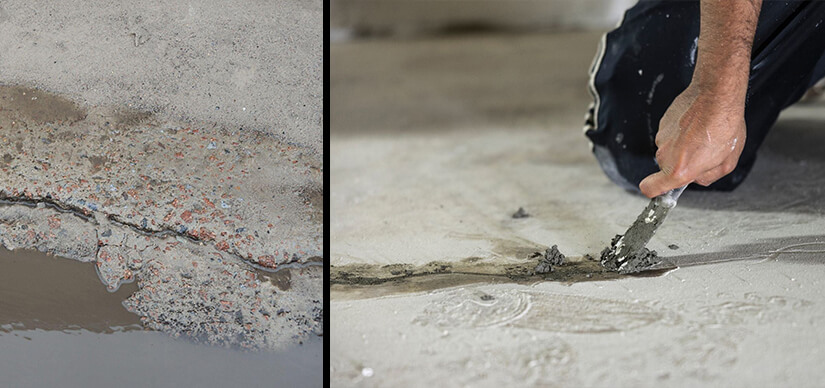Hiring a Slab Leak Repair Pro: How to Vet the Right Plumber
A slab leak isn’t just another household drip; it’s water hiding beneath your home’s concrete foundation, quietly eroding soil, weakening the slab, and inflating your water bill. Because the leak is out of sight, damage can build for weeks before you notice a warm patch on the floor or hear water hissing when every tap is off. Once you suspect trouble, speed matters, but choosing the right plumber matters even more. Below is a practical, step-by-step guide to vetting a slab-leak specialist, warning signs, what the repair day looks like, and a short FAQ to calm everyday worries.
Why Slab Leaks Need a Specialist
Slab leaks demand special training because the water lines are buried under tons of concrete, so locating a pin-sized hole requires skill and advanced equipment. The stakes are high; hidden water can wash away supporting soil, crack foundations, buckle floors, and invite mold. Repairs are also complex; the plumber may need to tunnel under the home, reroute pipes through walls, or coat the existing line with epoxy, and each option affects price, downtime, and long-term reliability.
Early Warning Signs You Might Have a Slab Leak
Homeowners often notice a sudden jump in the water bill for no apparent reason, followed by mysterious warm or damp spots on tile, wood, or carpet. Others hear water running when every faucet is off, spot new cracks in walls or floors, or smell a musty odor that points to mold forming beneath the slab. Call a qualified plumber immediately rather than guessing if two or more of these clues appear together.
The Seven-Point Vetting Checklist
1. Ask About Slab-Leak Experience
Start the conversation by finding out how many slab leaks the plumber has handled in the last year and ask for recent examples of successful repairs. A seasoned pro should explain typical challenges in your region, describe local building-code quirks, and outline how they minimized damage for past clients. If the plumber hesitates or offers vague answers, keep shopping until you find someone who speaks confidently about the work.
2. Check Their Detection Technology
Pinpointing a leak under concrete isn’t guesswork; top plumbers arrive with electronic listening devices, thermal imaging cameras, or trim video scopes that slide into water lines. Ask which tools the company relies on and why those tools matter, because modern tech lets them break only a tiny patch of concrete instead of half your floor. A contractor who talks about “breaking slab until we see water” is waving a bright red flag you shouldn’t ignore.
3. Understand the Repair Approach
Slab-leak fixes range from cutting directly over the leak for a spot repair, abandoning the foul line, rerouting new pipe through walls or attic, and coating the old pipe with an interior epoxy lining. A trustworthy plumber will outline each option, explain the pros and cons in plain language, and recommend the least invasive method that solves the problem permanently. If you feel pressured toward a single approach without explanation, look elsewhere.
4. Ask About Warranties and Guarantees
Quality work should come with promises in writing. Reputable plumbers usually back their labor for at least a year and follow manufacturer warranties that protect new pipe, fittings, or epoxy products for many years, sometimes decades. Always confirm how long the coverage lasts and what it includes before you sign the contract.
5. Verify Licensing, Insurance, and Bonding
Because slab repairs involve cutting concrete, soldering or gluing pressurized lines, and working near electrical wiring, you need proof that the plumber is fully licensed in your state, carries liability insurance, and is bonded for your protection. Most states keep online license databases, so use them to double-check the technician’s credentials in just a few minutes. Proper paperwork shields you from surprise costs if something goes wrong.
6. Look for Transparent Pricing
A serious professional will write an inspection report that includes photos or short video clips, list detection and repair steps line by line, and spell out how any surprises will be priced. Precise numbers up front prevent sticker shock once the slab is open, and honest plumbers are happy to answer cost questions before work begins.
7. Read Recent Reviews and References
Spend ten minutes reading feedback posted within the last six months on Google, Yelp, or neighborhood forums. Patterns matter more than one-off rants, so look for repeated praise about punctual arrivals, dust control, and fair pricing, and watch for recurring complaints about surprise fees or poor cleanup. When reviews align with the plumber’s promises in person, you can feel confident moving forward.
Recommended reading: DIY slab leak detection vs professional – which is a better option
What to Expect on Repair Day
Most crews start by covering nearby floors and furniture, then mark the exact leak location with tape or chalk. If concrete access is required, they use a coring saw that cuts a neat hole while a vacuum system contains dust; the damaged pipe is repaired, rerouted, or lined, and pressure tests confirm no other leaks remain. Once the plumbing passes inspection, soil is compacted, fresh concrete is poured, and the surface is prepped for your flooring installer, the team then hauls away rubble and leaves the site broom-clean so that you won’t find stray chunks of slab days later. A simple spot repair may wrap up in half a day, while bigger reroutes can stretch to three days, but a good plumber will outline the timeline before any jackhammer starts.
Frequently Asked Questions
Q: How long can I wait before fixing a slab leak?
A: Ideally, you shouldn’t wait; hidden water can undermine your foundation within weeks, so schedule repair as soon as the leak is confirmed.
Q: Will homeowners’ insurance pay for the repair?
A: Policies differ, but many cover opening and closing the slab and repairing water damage, even if they exclude the cost of the new pipe itself; call your insurer first and keep detailed photos for the claim.
Q: Do I need to leave the house during work?
A: Most families can stay in another part of the home, although you may be without water for several hours, there will be noise from concrete cutting.
Q: Can epoxy lining affect drinking water?
A: Approved epoxy products meet NSF/ANSI 61 safety standards, and the line is flushed before being put back into service, so it’s safe for potable water.
Choosing a slab-leak specialist doesn’t have to be stressful. You’ll protect your foundation, budget, and peace of mind by asking pointed questions, checking credentials, and insisting on clear answers. Allstar Plumbing offers quality slab leak repair services backed by advanced leak-detection technology, written guarantees, and licensed, insured technicians ready to safeguard your home. Call today for a no-pressure inspection and get your house back on solid ground.


